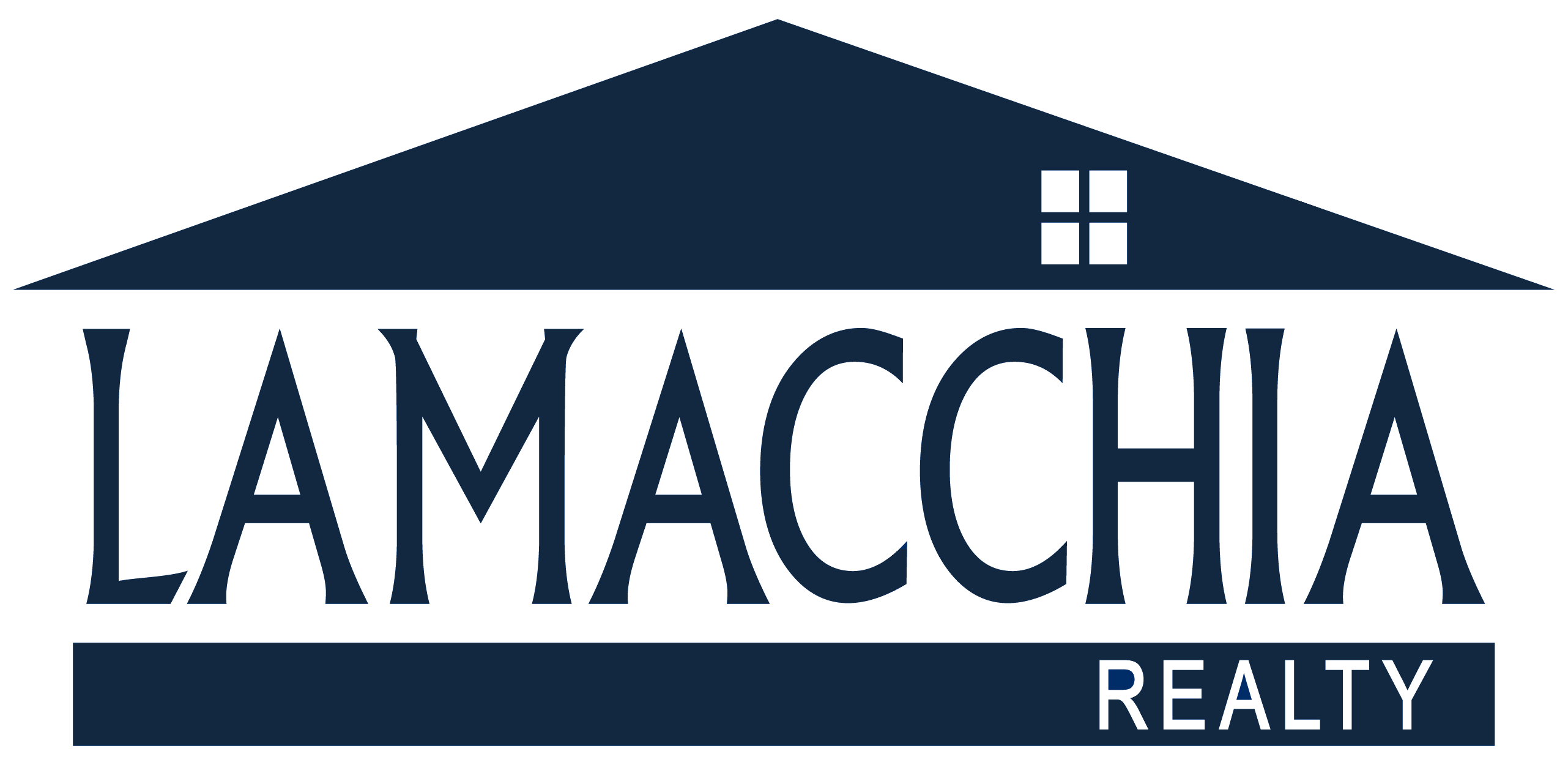
A pool can be a very attractive asset for a homeowner, potentially offering hours of entertainment, swimming, and in-water exercise options, and a great way to cool down and relax during the summer months. With more people than in past years staying home this summer instead of traveling, families are looking for a home with a pool to keep themselves entertained. Owning a house with a pool can really convey a feeling of luxurious living and make a real difference in lifestyle for you and your family. However, before you buy that house with a pool, you should first be aware of a few potential caveats:
Maintenance
While a well-kept pool can be a great asset, be aware that there are ongoing costs and work required to maintain any pool. A well-kept pool requires weekly cleanings, regular chemical treatments, filter replacements, resurfacing as necessary, and a rainy-day fund for potential repair costs. Heated pools also have the potential to significantly raise your utility bills from month to month. Unmaintained pools can even become nests for mosquitoes or unsightly “frog ponds” covered in green algae, impacting the resale value of your house. Broken pumps, leaky seals, and bursting water pipes, if uninsured, can lead to immediate and unexpected costs in the thousands of dollars. Homeadvisor.com reports that homeowners with pools spend on average between $110-$349 per month to maintain their pools, so consider those monthly maintenance costs before you close on that new house with a pool.
With more people home this summer than normal as well, the pool industry is seeing shortages from all angles. There is a huge chlorine shortage, hindering people from keeping up with cleaning their pool which eventually leads to additional problems with algae and bacteria. Pool maintenance companies are also seeing delays – with so many people home, more requests than normal are coming in and companies can’t keep up with demand, along with many other home maintenance and improvement firms. It’s important to keep these things in mind for your home search this summer.
Safety and Regulatory Compliance
Before buying a house with a pool, talk to the current owner to make sure that the pool meets existing federal, state, and local regulations for safety requirements for pools in your area. Drains must be fitted with code-compliant covers, and families with small children need to use special care and supervision and consider additional safety measures like installing an alarm. Per the CDC, drowning is the number one cause of unintentional deaths for children between the age of 1-4. Keep in mind that your house may have a homeowner’s association with additional conditions and requirements for your pool, like installing alarms or fenced-in areas.
Insurance Costs
Typically, homeowner’s insurance will cover a pool under the “other structures” clause of your policy. Bear in mind that homeowners may potentially be held liable for injuries that occur in conjunction with their pool – whether those injuries happened with permission or not! It is for this reason that insurance companies will term a pool as an “attractive nuisance,” and thus homeowner’s insurance policies will typically include some degree of liability coverage for a pool. adequate liability coverage for a pool varies depending on your location, the type of pool you have, etc. Make sure you aware of any requirements imposed by your insurance to be eligible for liability claims, like purchasing a secure pool cover, maintaining a fenced-in area, or draining a pool during the winter time – otherwise you may be at risk for your insurance to deny a claim on the basis of homeowner neglect.
Resale Information
While pools can cost in the tens of thousands of dollars to install, pools may not have a significant positive impact on resale value in colder climates like New England, especially when compared to other potential improvements like refinishing a kitchen or completing a new remodeling project. When it comes time to sell your home, a pool may increase the amount of time that your house will have to stay on the market, because some savvy buyers may not be willing to take on the ongoing maintenance costs required to properly care for a pool. For these reasons, it may be a good idea to view a pool as a lifestyle investment, rather than a financial one.
Questions to Ask the Owner:
This is a list of questions that buyers should ask the current owners so that they have the full story before an offer is made.
1. Age of pool, when was it installed?
2. Were permits pulled for the installation?
3. Age of liner
4. Material of inside of pool
5. Ever had a leak?
6. Number and placement of drains and returns
7. Age of equipment
8. What has been used in terms of maintaining water chemistry?
9. Is there a warranty?
10. Who was the manufacturer and who installed it?
Regardless of the costs and attention required to maintain a pool, many homeowners will tell you that all the work is worth it to be able to host memorable parties and family gatherings during the summer months. Paired with a hot day and a good barbecue, owning a pool has the potential to be the best part of your new house.
